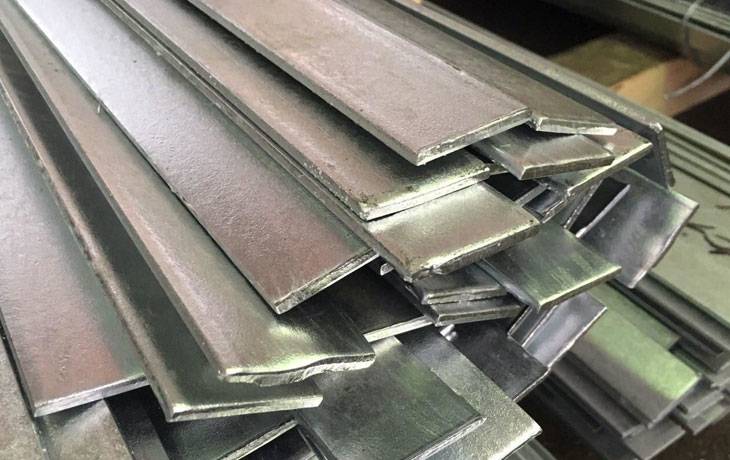Thanks to their exceptional characteristics, 321H stainless steel flat bars have become a cornerstone material in numerous industrial sectors. Renowned for their high-temperature resilience, impressive corrosion resistance, and robust durability, these flat bars find extensive use across multiple industries. This article delves into the most common applications of 321H stainless steel flat bars in industrial settings, emphasizing their advantages and practical implementations. Â 321H stainless steel is an austenitic alloy comprising chromium, nickel, and titanium. Designed to withstand elevated temperatures while resisting oxidation, this alloy proves invaluable in demanding environments. 321H stainless steel flat bars are rolled flat products of this alloy and are widely employed in diverse industrial fields. Â Â In the aerospace sector, 321H stainless steel flat bars are cherished for their ability to perform under extreme conditions. The aerospace industry's reliance on 321H stainless steel flat bars underscores their significance in ensuring performance and safety in high-demand applications. Â Chemical processing involves handling aggressive chemicals and high temperatures, making 321H stainless steel flat bars an ideal choice. Using 321H stainless steel flat bars in chemical processing ensures that equipment remains operational and dependable, even in harsh conditions. Â The oil and gas industry demands materials capable of enduring severe conditions, and 321H stainless steel flat bars meet these criteria. In the oil and gas industry, 321H stainless steel flat bars provide the strength and durability necessary for challenging applications. Â In power generation, where equipment operates at high temperatures and is exposed to various elements, 321H stainless steel flat bars offer significant benefits. 321H stainless steel flat bars play a pivotal role in power generation, contributing to the efficiency and longevity of key components. Â The automotive industry employs 321H stainless steel flat bars for various components requiring high strength and environmental resistance. The automotive industry uses 321H stainless steel flat bars to ensure that components perform reliably under demanding conditions. Â Marine environments present unique challenges, including exposure to saltwater and high temperatures. 321H stainless steel flat bars are well-suited for these conditions. The marine industry's reliance on 321H stainless steel flat bars highlights their ability to withstand harsh environments and ensure the longevity of marine equipment. Â 321H stainless steel flat bars are essential to various industrial applications due to their high-temperature resistance, corrosion resistance, and overall strength. From aerospace and chemical processing to oil and gas, power generation, automotive, and marine industries, these flat bars provide critical benefits that enhance performance and durability. Investing in 321H stainless steel flat bars ensures reliable and efficient operation across multiple industrial settings, showcasing their versatility and importance. Their unique properties make them an excellent choice for demanding applications that require superior material performance. UKL Bearing Manufacturing Co., Ltd., , https://www.bearingukl.com
Common Applications of 321H Stainless Steel Flat Bars in Industrial Settings
Understanding 321H Stainless Steel Flat Bars
Key Attributes of 321H Stainless Steel Flat Bars
Applications in the Aerospace Industry
Chemical Processing
Oil and Gas Industry
Power Generation
Automotive Industry
Marine Applications
Conclusion